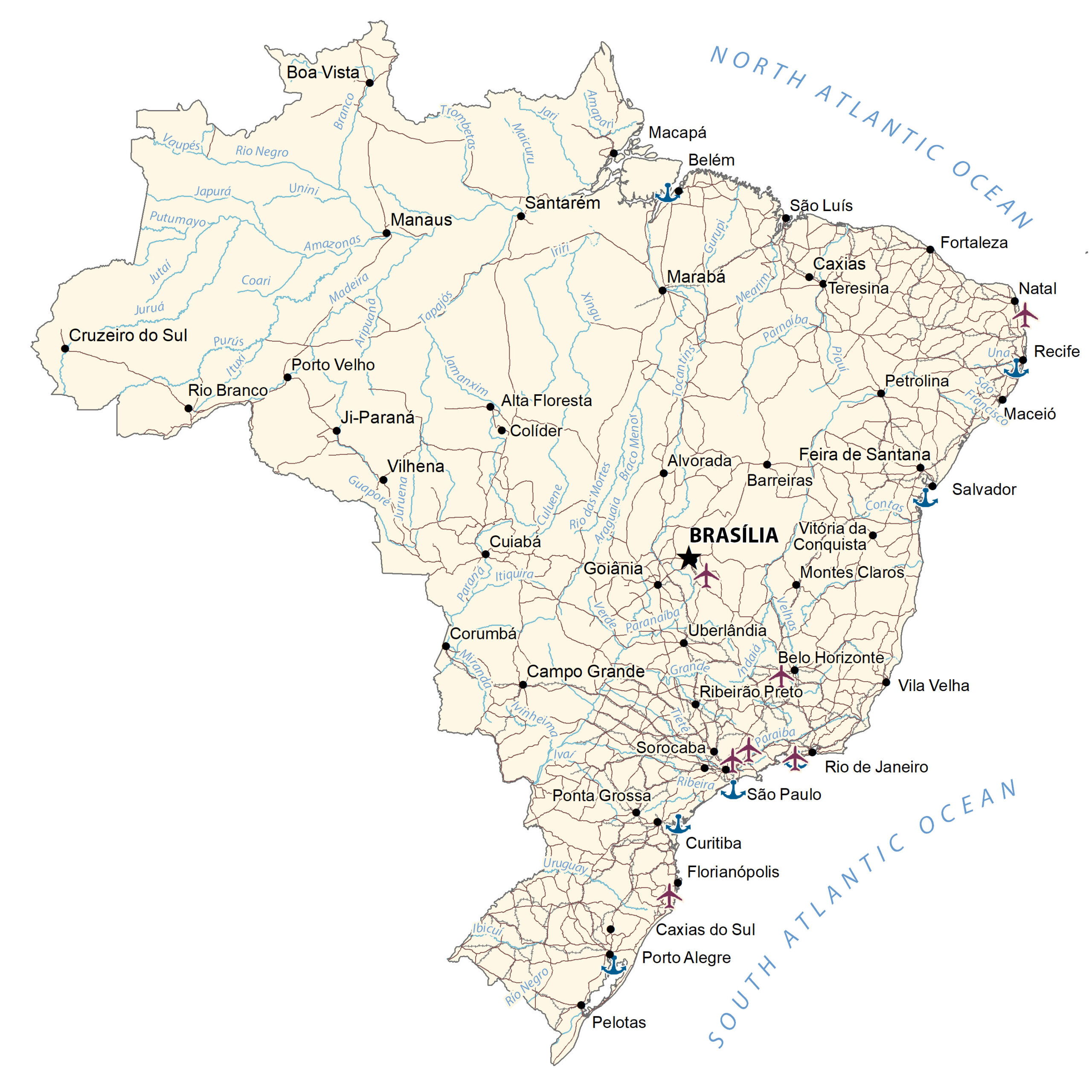Property titling enables tax collection and encourages private investment. Yet, governments across the developing world often fail to invest in land registration systems, such as cadastral maps, that record land ownership and values. In this paper, we describe and estimate the fiscal benefits and political costs that elected officials face when deciding whether to invest in this critical fiscal infrastructure. Focusing on Brazilian municipalities, we find that property tax revenue increases by over 10% following cadastre updates. Officials covet this revenue, but they simultaneously seek to secure their reelection, and investing in the cadastre can generate political costs by angering tax-averse voters or undermining clientelism. When these political costs are large, officials who do not face reelection pressures have greater incentives to invest in the cadastre. Using a close-election regression discontinuity, we find that term-limited incumbents are around 15 percentage points more likely to update the cadastre.





